The 2024 Olympic Games in Paris cause me to reflect on the earliest Olympic Games. These beautiful marble friezes are on the south and west sides of the Parthenon, built in the 5th century BC Athens, Greece. Presumably, these images portray the quality of equitation at that time. The holes on some of the horses’ […]
Horse behavior
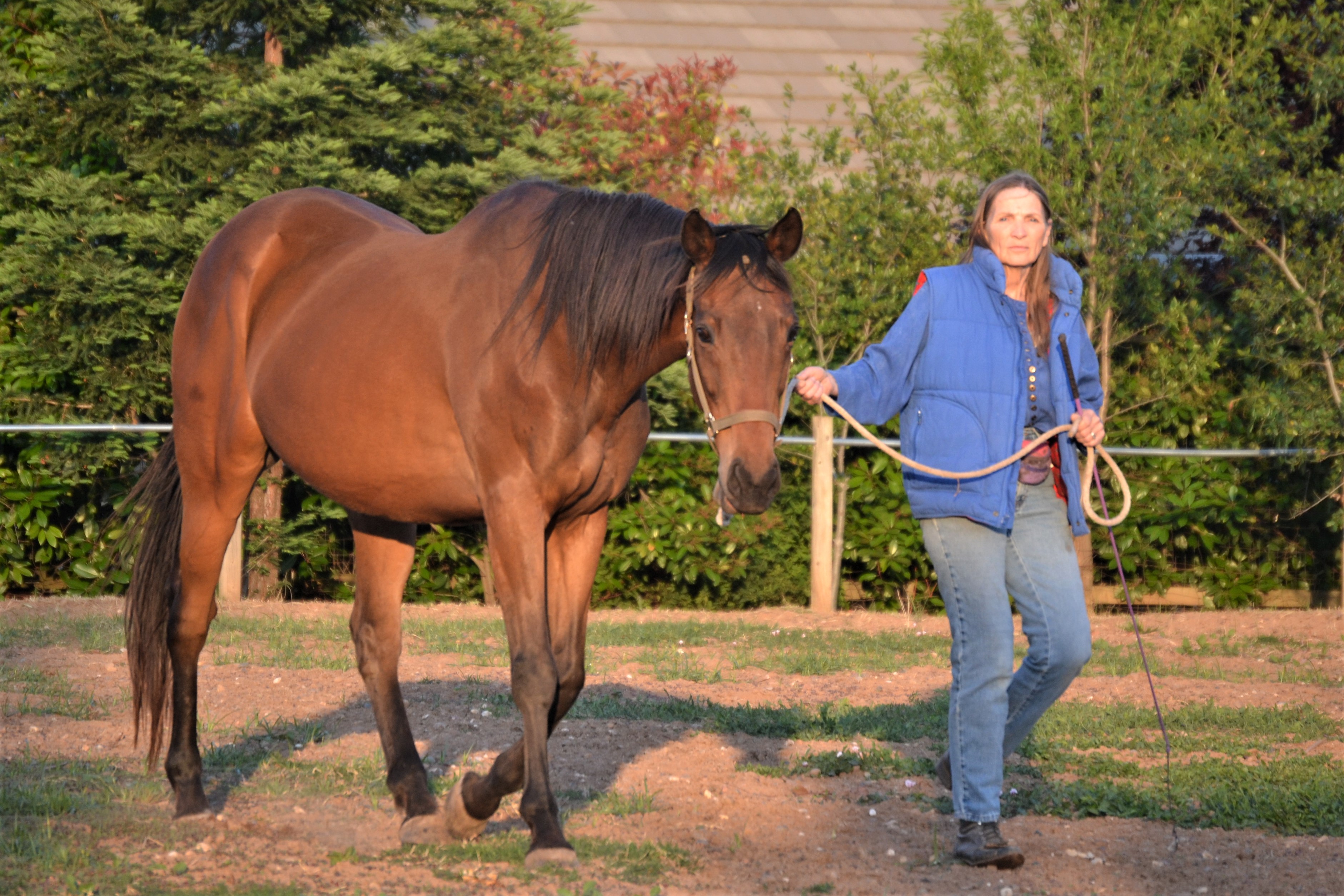
Courting Your Horse
Sometimes, the toughest question trainers, instructors, and equestrians of all levels may face is how to approach interacting with an unfamiliar horse. In a word, the answer is “courtship.” Have you ever courted a cat? It’s usually done by, in one’s very sweetest voice, repeating several times, “Here Kitty, here Kitty, Kitty, Kitty,” until the […]
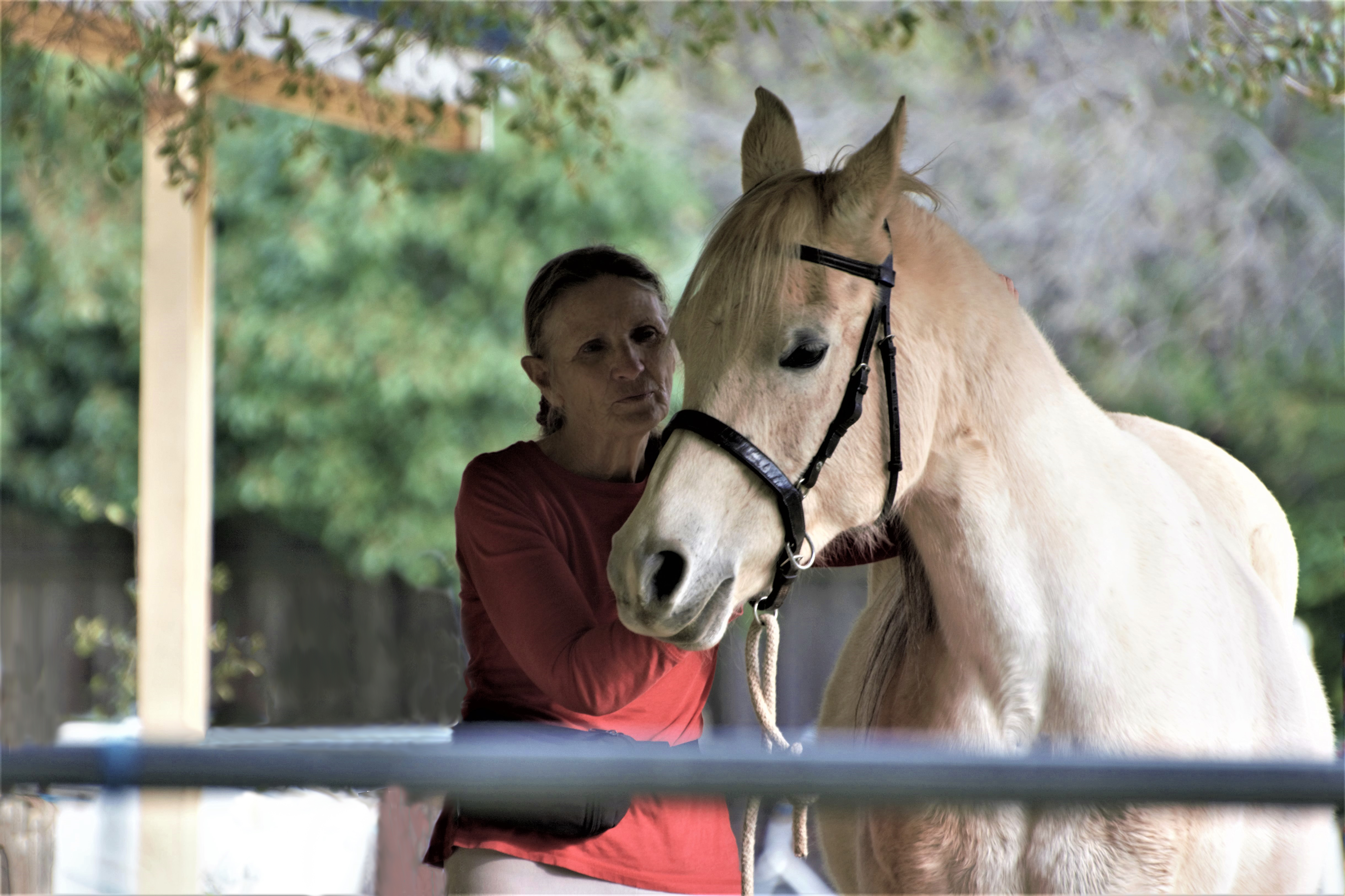
The Grooming Test
here are many times we wish we knew more about a horse before making the purchase or mounting his back. During those moments, we wonder if there were missed warning signs or if the horse’s owner failed to disclose some important information. Examples of these difficult moments include: As we attempt to sort through the […]
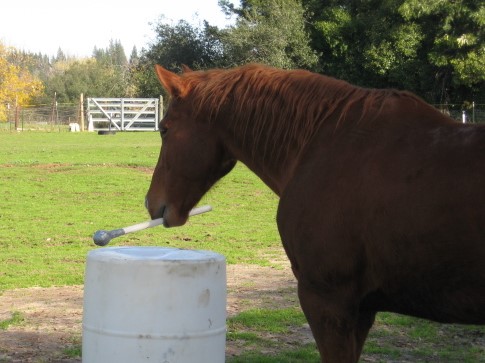
Equine Hierarchy of Needs
Have you ever watched a horse show and noticed that the unspeakably beautiful horse that just entered the arena appears to be lame? Everyone, including the judges, sits in silence as the lovely creature bravely soldiers on, doing his best to please his rider. Sometimes, he even wins a ribbon! But no one comments on […]
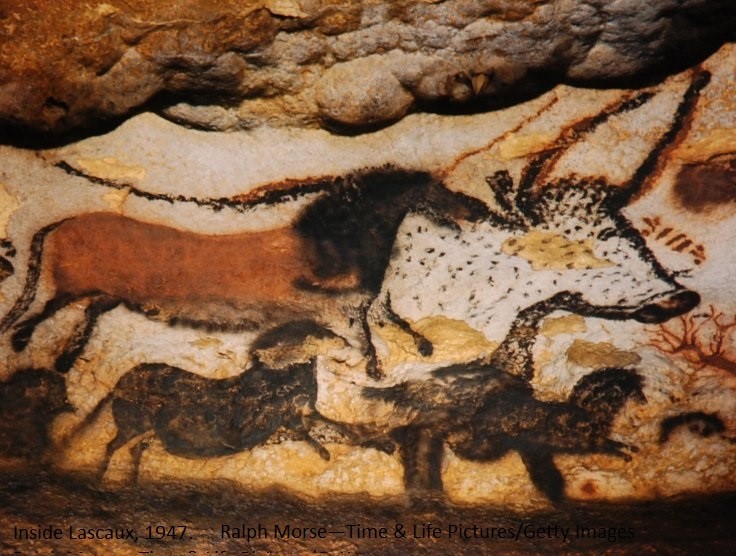
Morals, Domestication, and Horse-Keeping
Like the elephant in the living room, an ever-present but unspoken subject affects every horse-person: where is the boundary between right and wrong in our relationship with horses? About five thousand years ago, mankind embarked upon a journey that continues to the present: the domestication of horses. By domestication, I mean a contract between two […]

Your Horse’s Reflexes Matter
n our quest to keep our horses relaxed, focused, and confident, we must understand involuntary reflexes and distinguish them from voluntary actions. Although involuntary reflexes are essential to horses’ survival, they certainly impact equestrians as well. Some equine involuntary reflexes keep us safe as we ride our horses, while others, such as spooking and kicking, […]
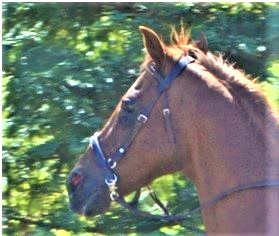
The Bitted or Bit-Free Debate
Whether on the race-track, in the arena, or trekking cross-country, the search for excellence in equitation has been going on for thousands of years. It is no easy task to balance the interests of two different species. Fortunately, scientific research has provided the horse community with in-depth studies to make the task easier. Recently, bitted […]
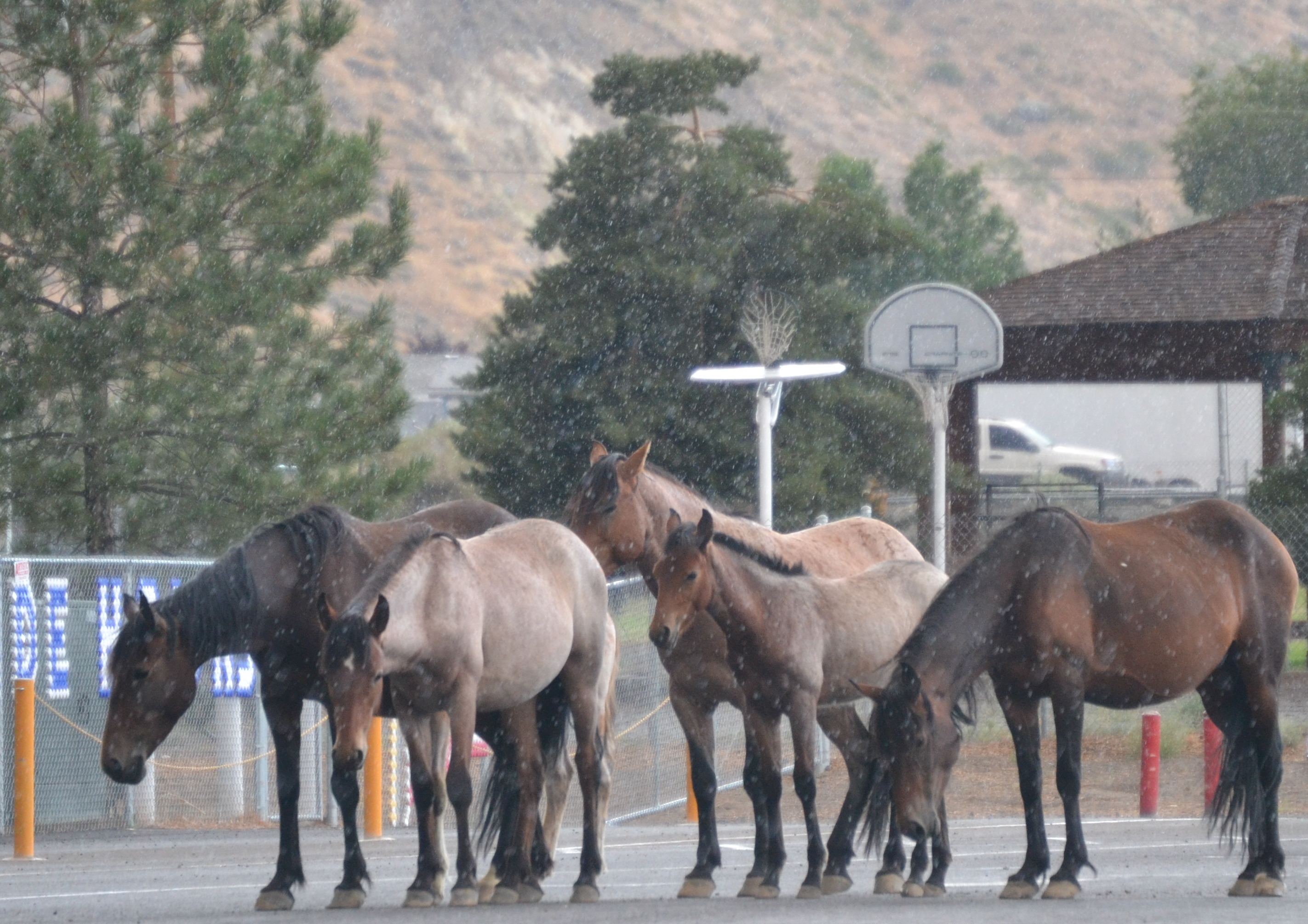
The Alpha and the Omega – Becoming Everything to Your Horse
One rainy day several years ago, Finnish equine photographer and journalist Anni Lehto, my husband Jay, and I were observing a family of mustangs meandering down the hills northeast of Virginia City, Nevada, onto an elementary school parking lot. There were two pregnant bay mares, two foals (one a strawberry roan and the other a […]
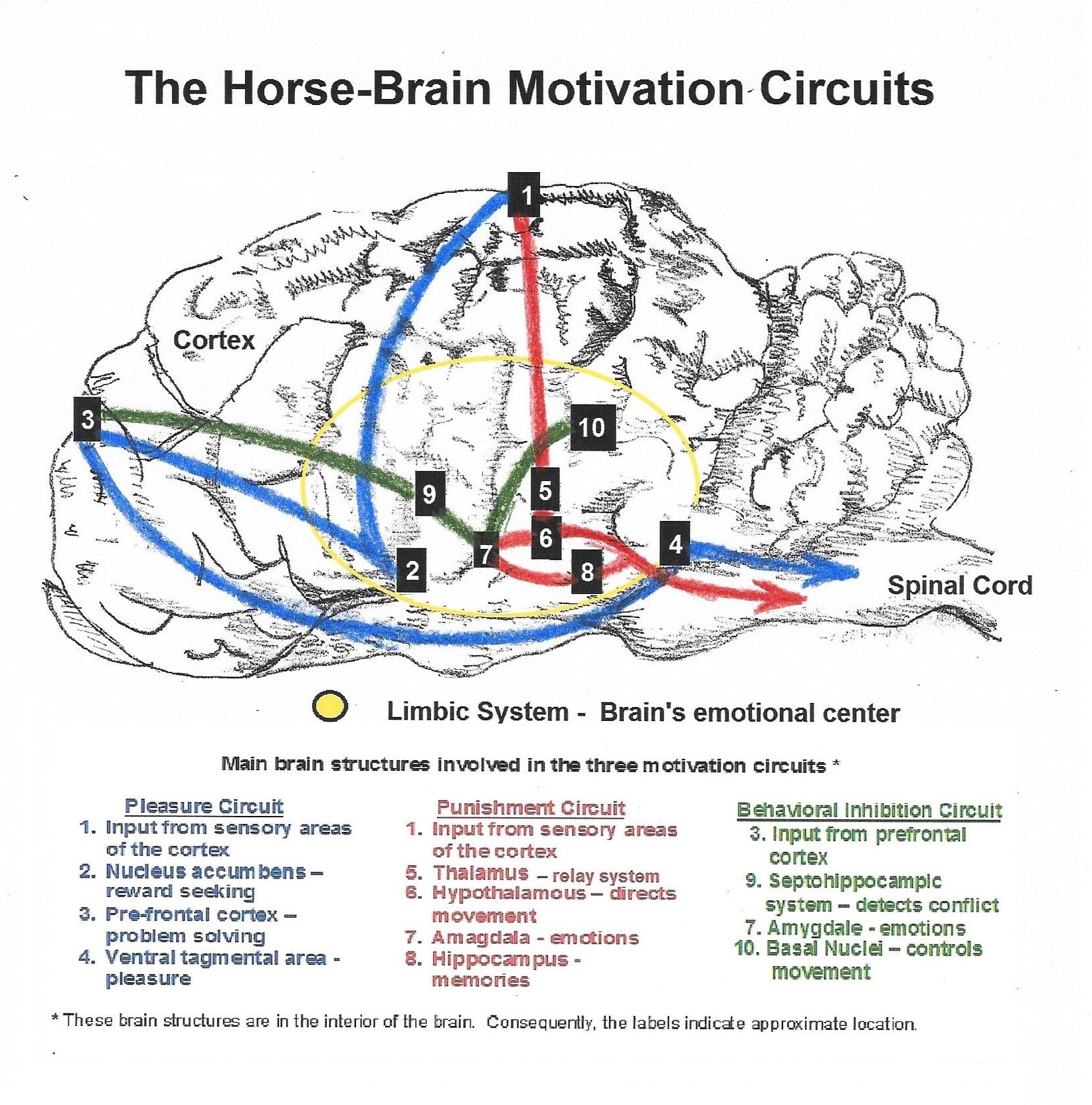
Using a Reward System to Solve Behavior Problems – Understanding Your Horse’s Motivation Circuits
The brains of all mammals, horses and humans alike, contain three circuits: the pleasure circuit, the punishment circuit, and the behavioral inhibition circuit. All horse training involves activating one of these circuits. The pleasure circuit is set in motion when an animal is rewarded for a certain behavior, causing the animal to want to repeat […]
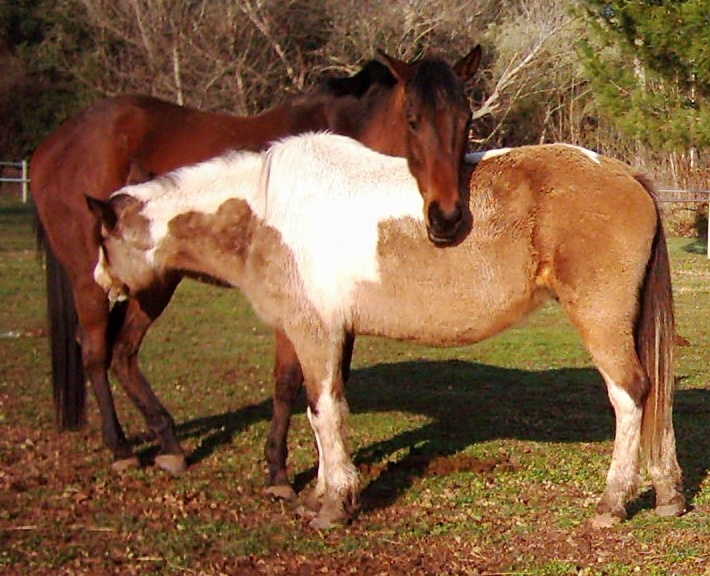
Boundaries
Horses living in a herd environment, whether in the wild or in the pasture, learn good manners and the social boundaries of the herd. Their social hierarchy is very specific, and horses will often be aggressive to establish or maintain their status. Higher-status horses have greater access to food. In a mixed herd, a dominant […]
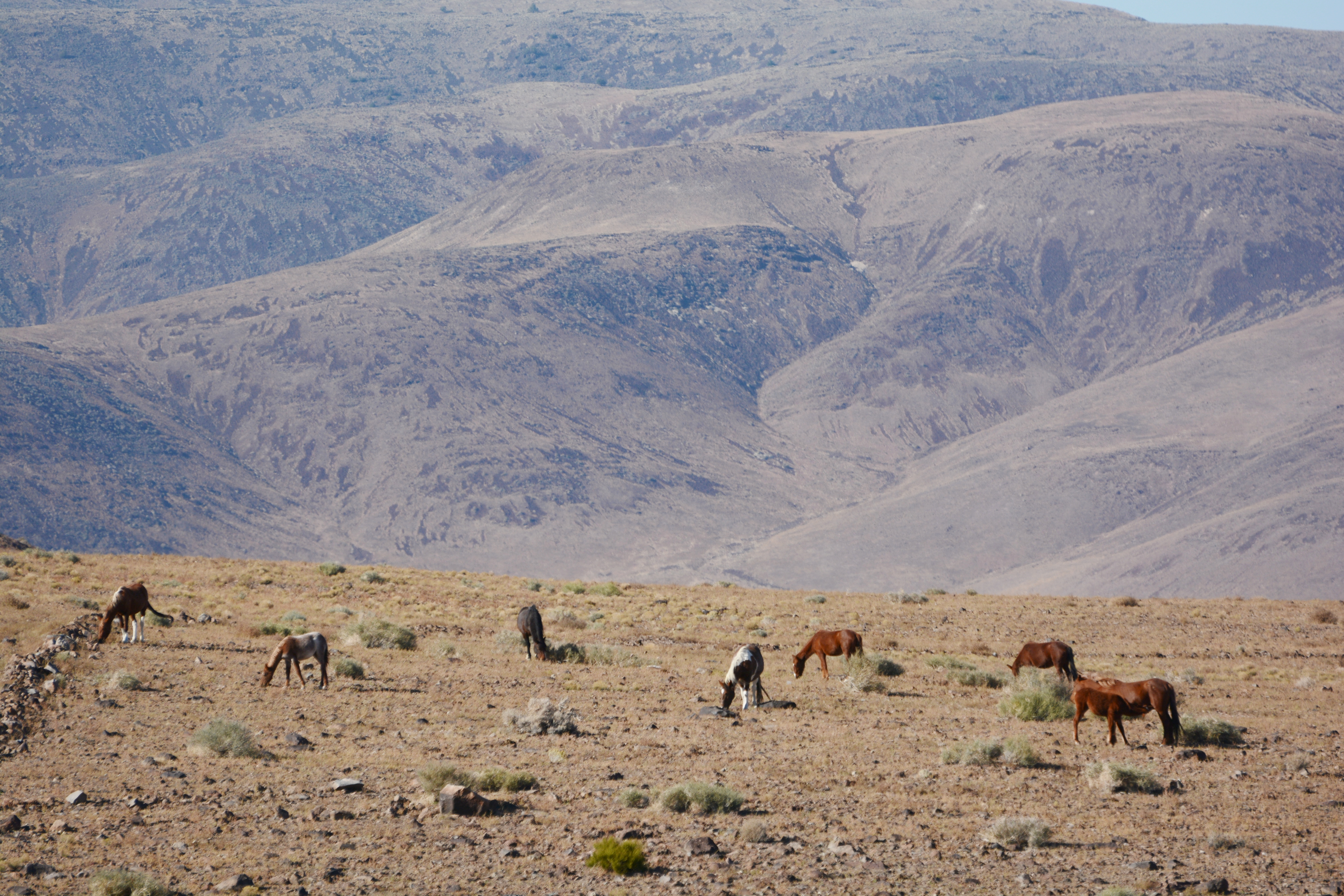
Does Your Horse Suffer from Post-Traumatic Stress?
Most animals spend their lives in herds, packs, flocks, and prides. Horses rely on their mothers and their herds to provide a safe, trustworthy environment where they can learn behavior regulation, communication skills, exercise their intellect and bodies, and learn how to live in a social structure. When separated from their parents, horses suffer deep […]
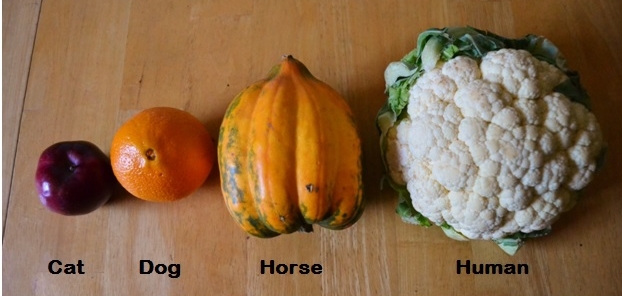
The Horse’s Brain
Many scientists believe there is a correlation between brain weight and intelligence. The adult human brain weighs from two and a half to three pounds. A cat’s brain weighs about a third of a pound. Dog brains weigh about three-fourths of a pound. The brain of the horse is the size of a human child’s […]
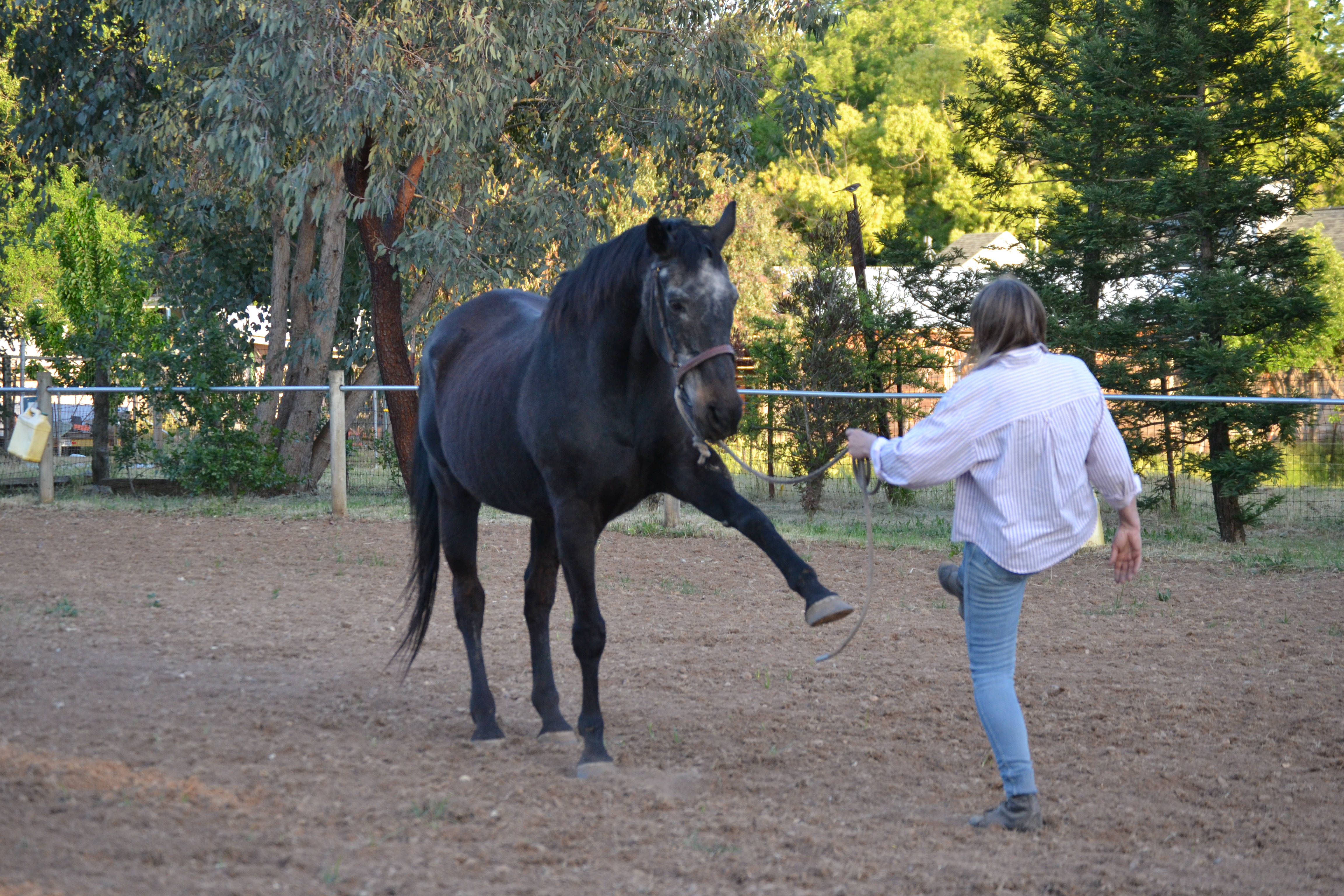
How Horses View the World
Horses experience each moment as a collection of perceptions and emotions. They remember these moments as a series of mental images, rich with sights, sounds, tactile feelings, and emotions. If the image includes positive emotions, the horse will want to repeat it. Conversely, if the picture represents unpleasant emotions, the horse will seek to avoid […]
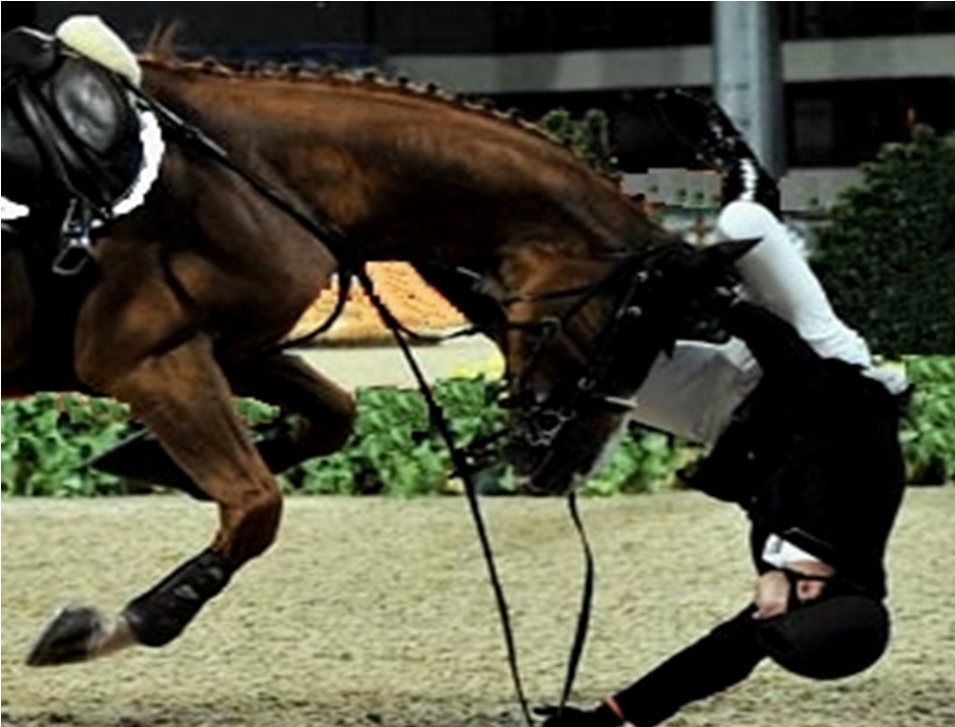
After a Fall – How to Prevent Repeat Performances
A fall from a moving horse can leave emotional scars long after the bruises and bones have healed. It is those scars that most riders dutifully hide while hoping for no further episodes. Unfortunately, the very act of hiding emotional scars can lead to new ones. When accidents occur, honest reflection on the events leading […]
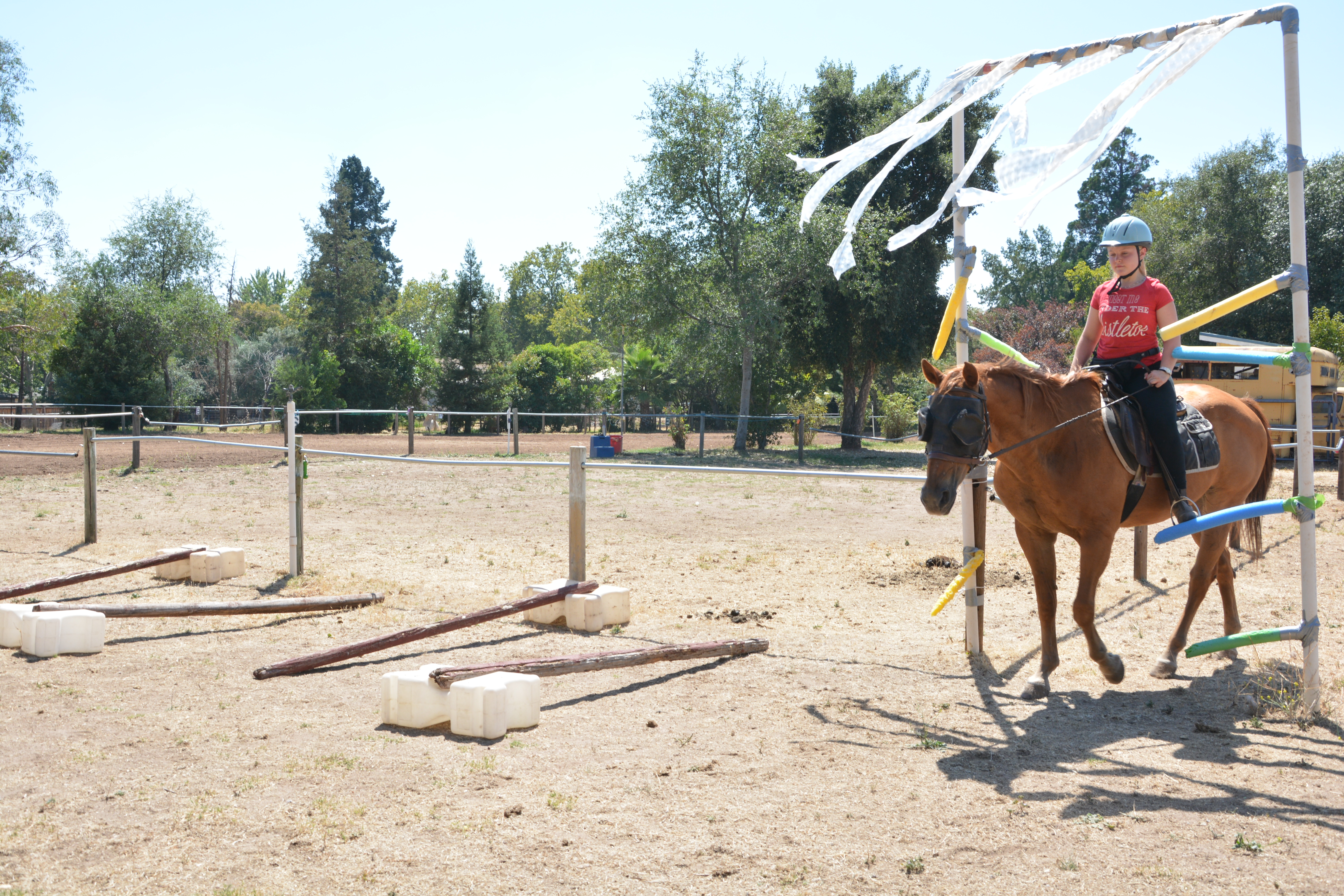
Developing Confidence – Teach Your Horse to be Courageous
Like humans, horse temperaments can fluctuate between curious, brave, timid, and easily frightened. As horse owners, it is our responsibility to help our horses face new experiences with confidence. For instance, a dear friend’s horse was the clear winner at a well-known dressage event until it spooked when a spectator opened her parasol. Another friend […]
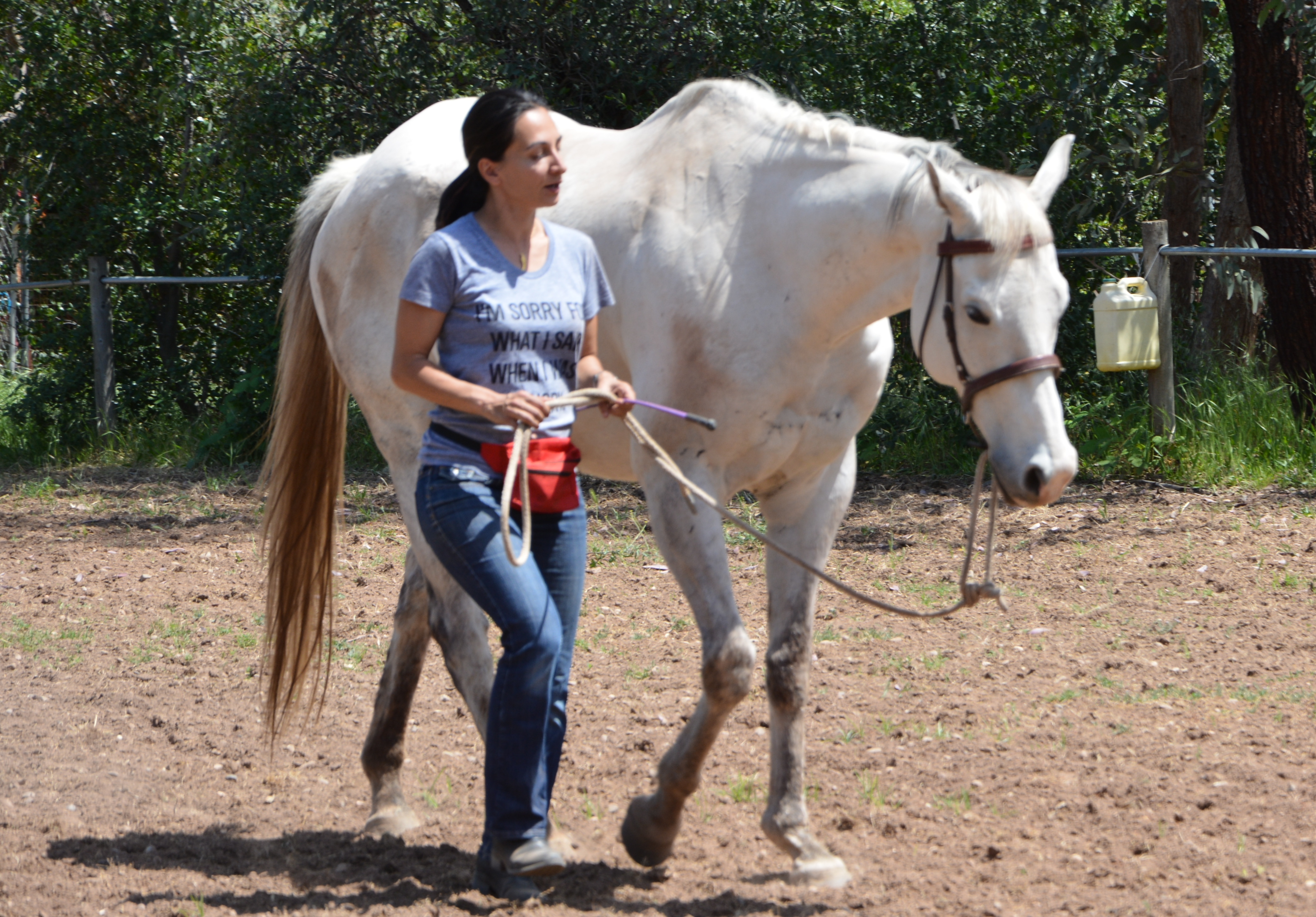
New Horse or New Start
Both a new horse and a fresh start are always exciting. Sometimes it’s a brand-new horse, and the challenge of learning to communicate and become best friends can be a bit intimidating. Other times, it’s a familiar horse with whom the relationship has been strained, and starting over can also be daunting, as breaking old […]
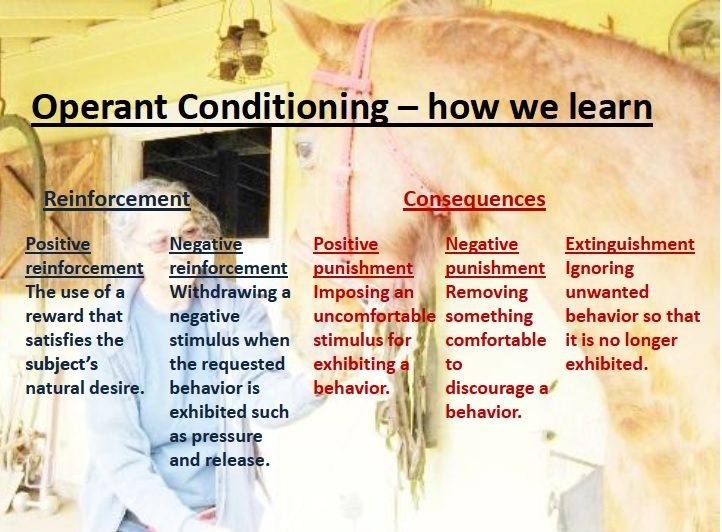
Treat or Edible Reward – Understanding the Science of Learning
Indiscriminately offering treats can transform a lovely horse into a beggar, mugger, and biter, turning the horse owner into a candy dispenser. This article will teach you how to use treats in a way that improves, rather than harms, your horse-human relationship. I will use some technical terms in this article, so be prepared to […]
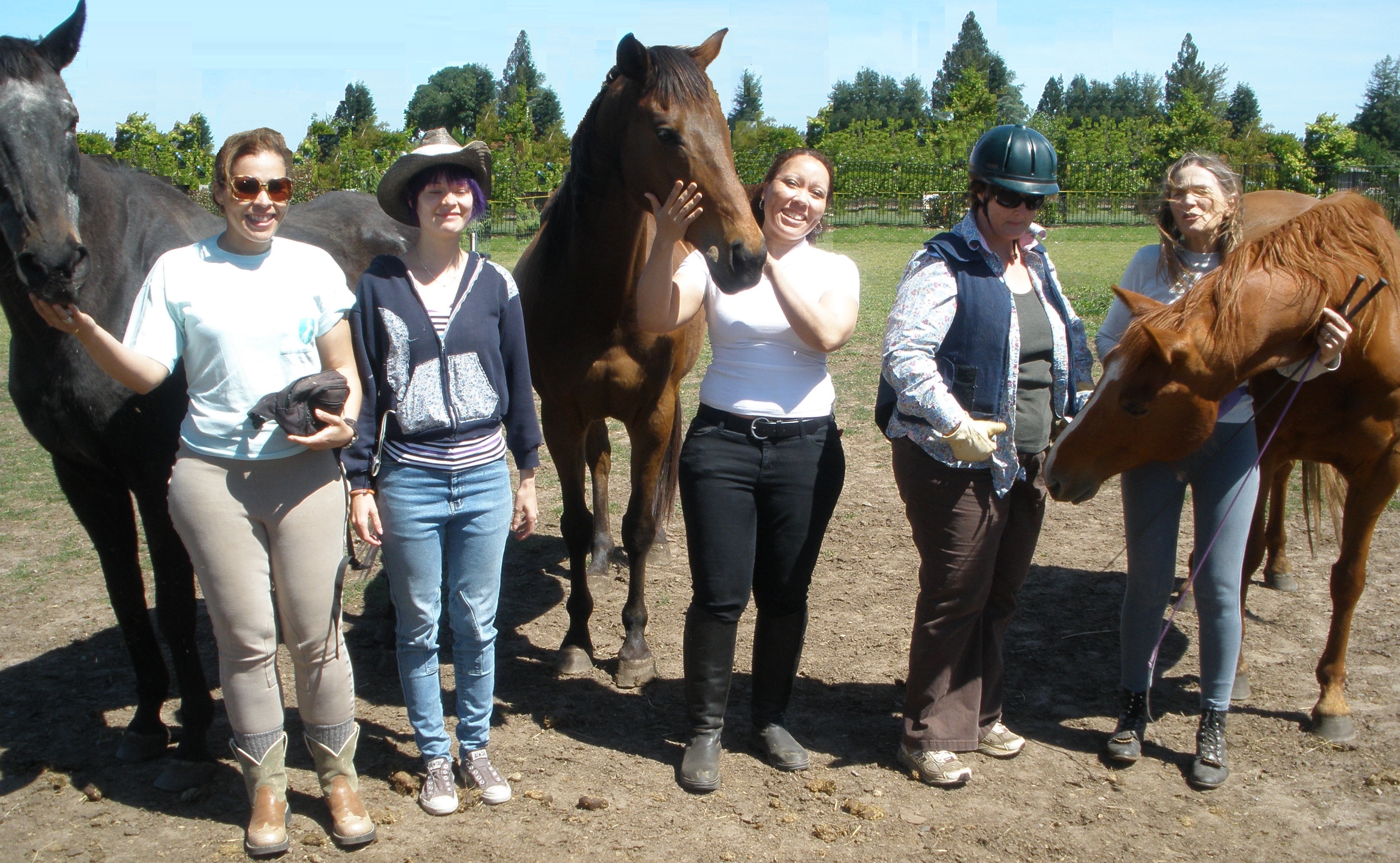
Who is in Your Horse’s Circle of Trust?
We all have a circle of trust—an invisible boundary that contains our loved ones, those we can depend on through good times and bad. Sometimes, the only person in our circle of trust is ourselves. Horses also have a circle of trust. At birth, this circle includes just two individuals: the foal and its mother. […]
